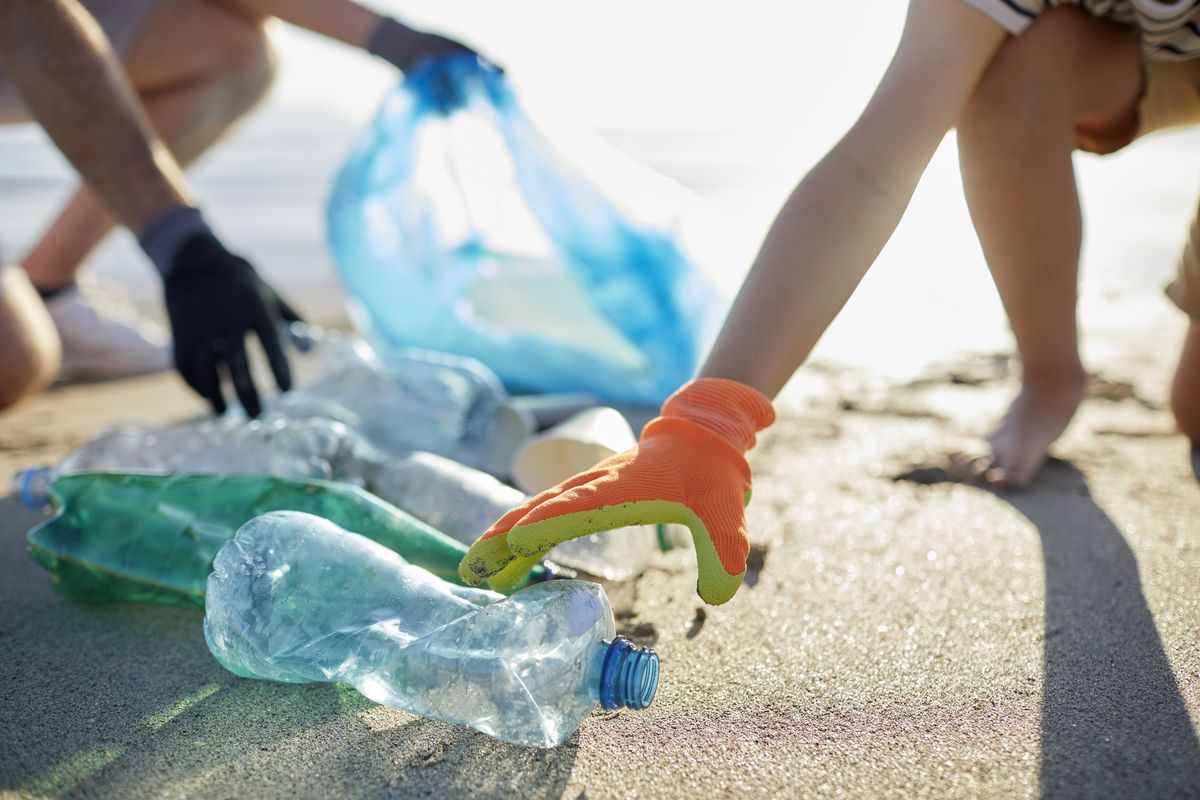Bottled water producers such as Coca-Cola, Danone and Nestle are making misleading claims about the green credentials of their plastic packaging, 13 European consumer groups and umbrella federation BEUC said on Tuesday.
They have filed a complaint to the European Commission and a network of consumer protection authorities (CPC), urging an investigation and end to claims such as "100% recyclable" or "100% recycled" that they say mislead consumers.
BEUC, which has 45 members, said the average European consumer drinks 118 litres of bottled water per year, 97 per cent of this in plastic containers.
Beverage bottles are one of the top sources of plastic pollution on European beaches, it said.
BEUC, along with consumer groups from France to Bulgaria, said they had identified three areas of concern.
The term "100% recyclable", they said, was ambiguous and depended on the effectiveness of local sorting and processing. For PET beverage bottles, the recycling rate is 55 per cent in the EU and the chance of it becoming a bottle again about 30 per cent.
The term "100% recycled" ignored the fact that bottle lids are not made of recycled materials and labels are rarely made from them either. Adding virgin plastic to the bottle body was also a common practice.
Imagery such as green logos or of nature gave the impression that bottles were positive for the environment, the groups said.
Industry groups Natural Mineral Waters Europe and UNESDA Soft Drinks Europe said the beverage sector was a pioneer in reusing or recycling packaging and valued clear communication.
They said the sector advocated a wider roll-out of deposit and return systems to boost EU collection rates for beverage packaging from below 60 per cent now.
Coca-Cola Great Britain said it had global goals of collecting and recycling a bottle or can for each one it sells, and to have 25 per cent of volumes in refillable or returnable containers by 2030.
"We only communicate messages on our packaging that can be substantiated," to enable consumers to make informed choices, a spokesperson said.
Danone said it was making progress in reducing single-use plastic and virgin plastic - which was down by 10 per cent since 2018.
Nestle has cut its virgin plastic packaging by 10.5 per cent since 2018, and was on track to cut it by a third by the end of 2025, a spokesperson said.
The European Commission said national authorities would look into the complaint over misleading green claims by companies and consult on possible action.
(Reuters)


